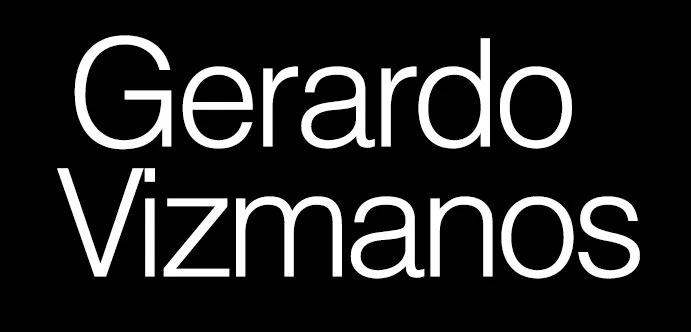Arcadia as an Experience of Finitude
Notes on Arcadia regarding Nus Masculins (1954) by François Reichenbach
Text. Gerardo Vizmanos
Published on Redlist Magazine
October 2025
Perhaps the desire that makes us aware that sometimes love is born with its days numbered also requires that Arcadia may exist only under a condition of finitude. I see this tension between desire and the ephemeral beautifully glimpsed in Nus Masculins, a short film François Reichenbach shot in 16mm color in 1954, which seems to capture the splendor of an Arcadia possible only because it can be imagined as temporal.
Nus Masculins has no sound or narration—only simple editing that resembles the intimate diary of days shared with a friend, surrounded by bucolic scenes of youth. There is in it a nostalgia that recalls for me Arcadia as a glimmer born to vanish from the very moment of its inception. Watching this film feels to me like remembering a summer never lived, yet filled with elements that seem real: young bodies becoming mythic as they merge with desire. It is neither memory nor invention; it promises no eternity, but offers a climax that feels perfect precisely because we know it will end. Herein lies its difference from utopia.
In utopia, desire seeks eternity—to attain a form of immortality. In Arcadia, by contrast, fullness lies in its temporal limit: one chooses to die in a sublime instant as a way of fulfilling oneself. For me, Nus Masculins evokes a time and a youth condemned to disappear, yet whose transience does not diminish intensity; rather, it elevates it.
Tradition places Arcadia in an ideal past, like a lost Golden Age. Marcel Proust associates it with memory: for him, true beauty lies not in the present but in what was and is lost. Yet I believe that Arcadia is possible even without a real past. Perhaps because I grew up in an era when memories were still captured in silent, grainy films—not unlike Nus Masculins—this film awakens in me a nostalgia for an Arcadia I feel almost real, even though it never occurred.
Nus Masculins was shot in 1954, in a context where open representations of homosexual affection were uncommon—not very different from my own experience. I remember that one of the first times I encountered something resembling a free expression of the affection I sought in adolescence was in Evelyn Waugh’s Brideshead Revisited, where the protagonist Charles describes his relationship with his friend Sebastian as an “Arcadia with the days numbered.” Perhaps for this reason, from an early age I understood that Arcadia requires some sort of limitation to be complete.
Watching Nus Masculins stirs in me the memory of my search for that Arcadia, propelled by desire and by the need to find something I could call love or freedom—not as a confusion between the real and the imagined, but as a conscious construction coexisting with what was not, and persisting as part of desire. It is not about what might have happened, but about the enduring need to dream that it could have—a necessity that transcends one’s own finitude. This possibility of the impossible and the temporal is what makes me perceive Arcadia more as a need than an inspiration.
With this short film, Reichenbach may not have intended to reflect philosophically on finitude, but he did aim to capture the “ephemeral beauty of things,” in his own words. That ephemeral beauty is also life’s climax, just as Bataille understood in eroticism the harmony of bodies and nature that affirms the sublime in the very instant it declines.
Nus Masculins does not promise a utopian “someday,” but affirms a “now”: an ecstasy that we know will perish both in the image we see and in the memory it awakens of something that may never have existed. It is an impossible desire, yet real precisely because of its impossibility. Watching it, one cannot help but experience, in that sense of finitude, both fullness and loss simultaneously.
The film Nus Masculins by François Reichenbach is available for viewing on Archive.org, a public digital archive providing access to cultural and audiovisual materials. Access provided for cultural purposes only.
Keywords:
Desire
Utopia
Arcadia
Time
Sexuality
Film

